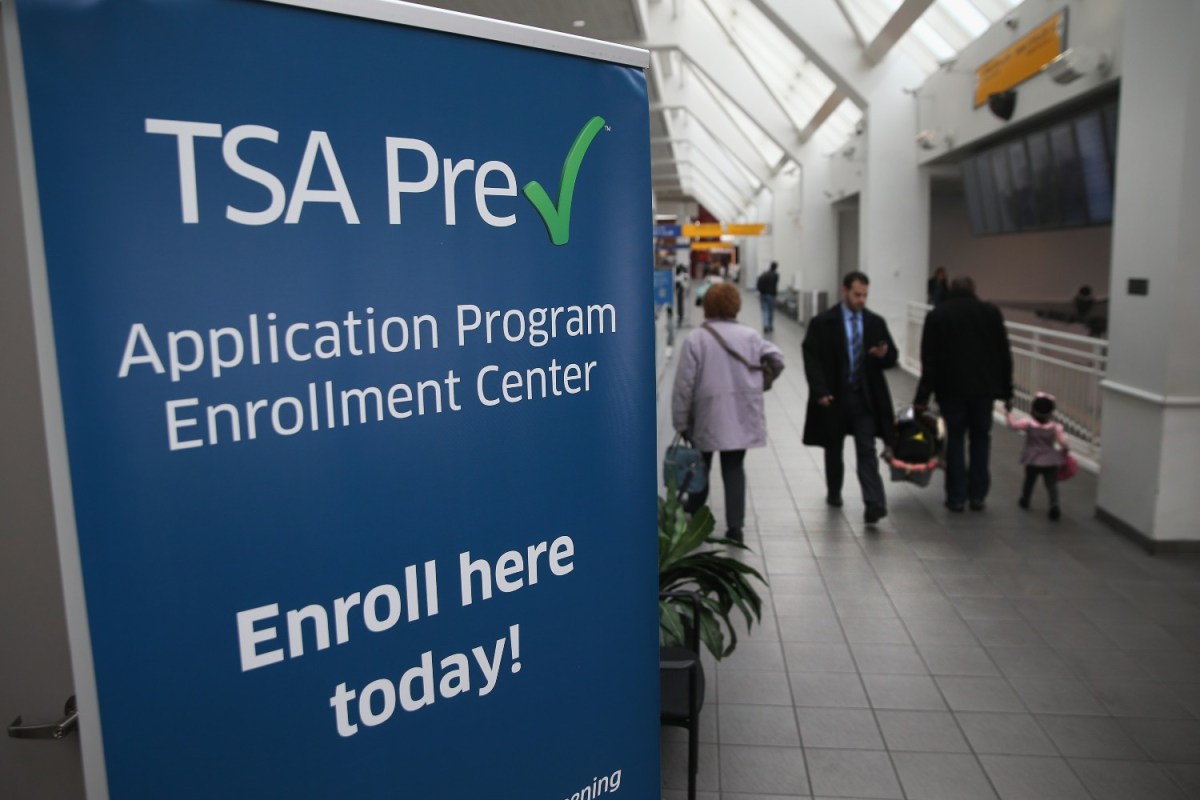It’s eminently understandable why so many travelers (myself included) have opted to pay for programs like TSA PreCheck and Global Entry Plus: less hassle when going through airport security has plenty of appeal. That said, we’re living in an era of resourceful, ambitious scammers — and some of them have set their sights on frequent travelers who’d prefer to leave their shoes on when going through a metal detector.
In an investigative report published by The Points Guy, Tarah Chieffi explored the world of PreCheck scams. The scammers, Chieffi reports, are targeting would-be PreCheck applicants with promises to review applications and schedule appointments.
As Chieffi writes, there are a few issues at hand here. First, there’s the way that the scammers are charging money for services that the TSA already provides. There’s also the fact that someone is handing off a lot of personal information to a third party with no guarantee that the application will actually reach its destination.
“[I]f you are enrolling for the first time and you are asked to enter your payment information online, that is definitely not an authorized enrollment provider,” the TSA’s Anne Walbridge told The Points Guy. It’s one of a few things to look for to make sure you’re not being scammed; Walbridge also recommends making sure that you’re on a site with a .gov suffix.
High-Profile Lawsuit Reveals Tips For Spotting Art Scams
Lessons from a complex legal caseThis TSA scam is not a new phenomenon, unfortunately. In 2022, Steve Weisman of the Saturday Evening Post reported that scammers were charging would-be PreCheck applicants up to $140. New applicants aren’t the only travelers being targeted by scammers, either — in 2021, Forbes reported on a scam that targeted existing PreCheck members seeking to renew their memberships.
When it comes to TSA scams, there are plenty of red flags out there if you know what to look for, and if you get a sense that something’s off, it’s worth taking the time to confirm that it is before proceeding.
This article was featured in the InsideHook newsletter. Sign up now.



















